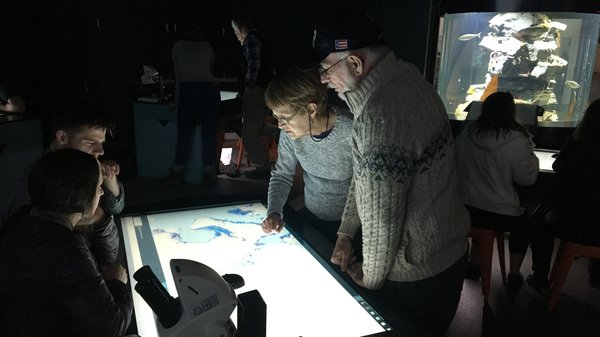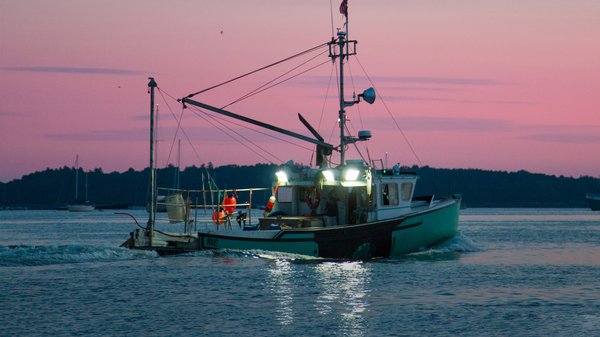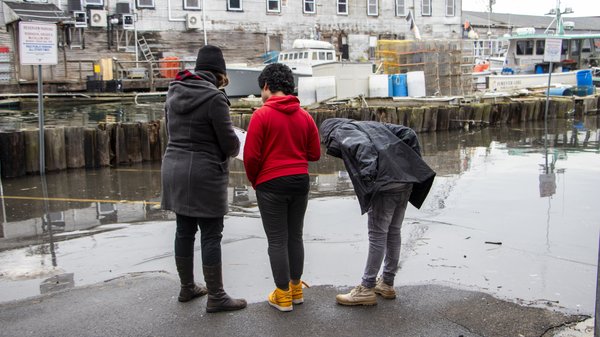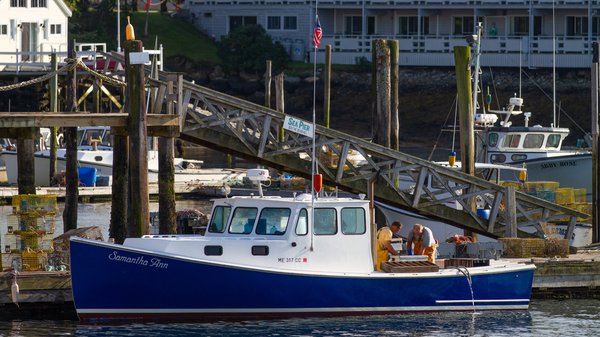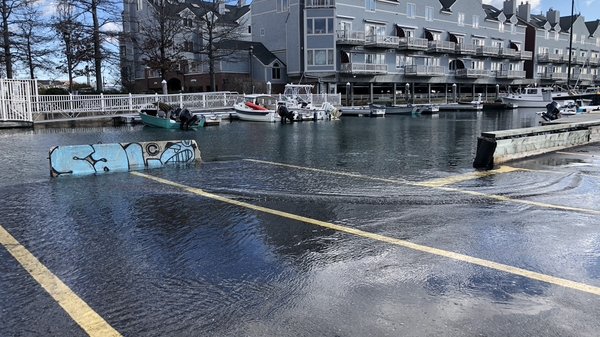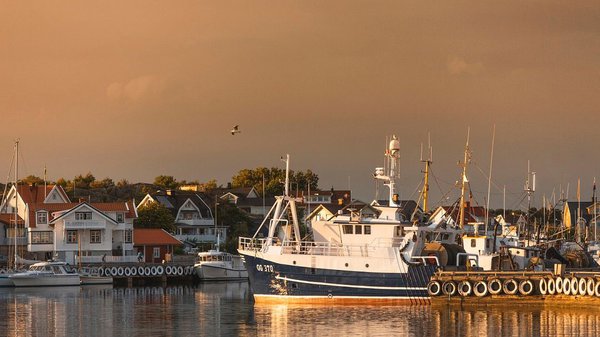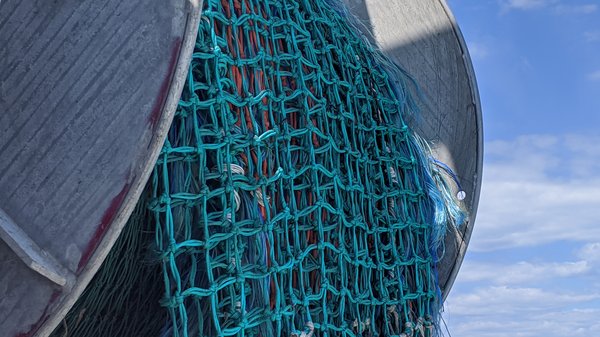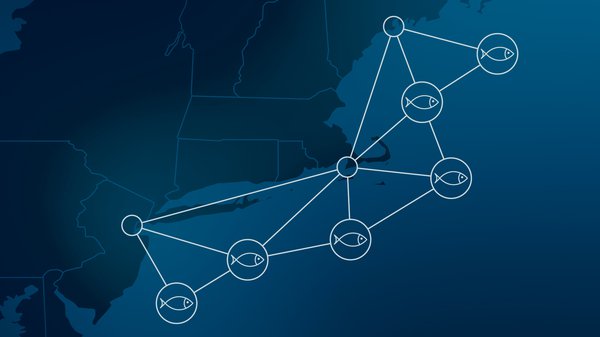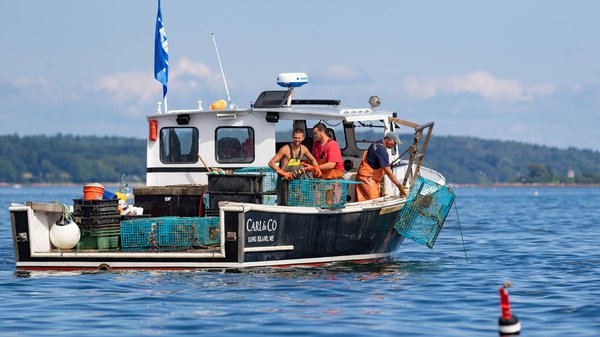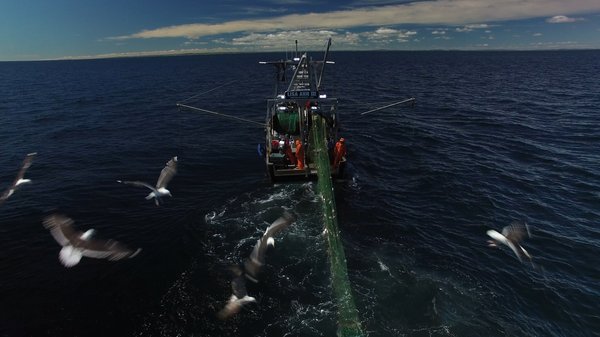Gulf of Maine, Explained: Causes & Impacts of Rapid Warming
Gulf of Maine, Explained | Aug 17, 2023
In this Gulf of Maine, Explained video, GMRI Climate Center Director Dr. Dave Reidmiller explains why the Gulf of Maine is warming faster than most ocean surfaces on the planet, and why that matters.
A Global Hotspot
The Gulf of Maine is warming faster than almost any other ocean surface on the planet. We know this because over the past decade, scientists at the Gulf of Maine Research Institute have led a body of research that highlights this rapid pace of warming in the Gulf of Maine. But what is it about the Gulf of Maine that has made it one of the world’s fastest warming ocean surfaces?
Two major factors are at play.
The first, as Dr. Reidmiller explains, has to do with the two main ocean currents that pass by our region. The Labrador Current brings cold water to the Gulf of Maine from the Arctic, and the Gulf Stream transports warm tropical waters northward. Before human emissions of greenhouse gasses led to a changing climate, the cold Labrador current kept the Gulf of Maine stable at cooler temperatures. Now, as the impacts of climate change become more visible, we are seeing the Gulf Stream strengthen, which is bringing warmer waters to the region.
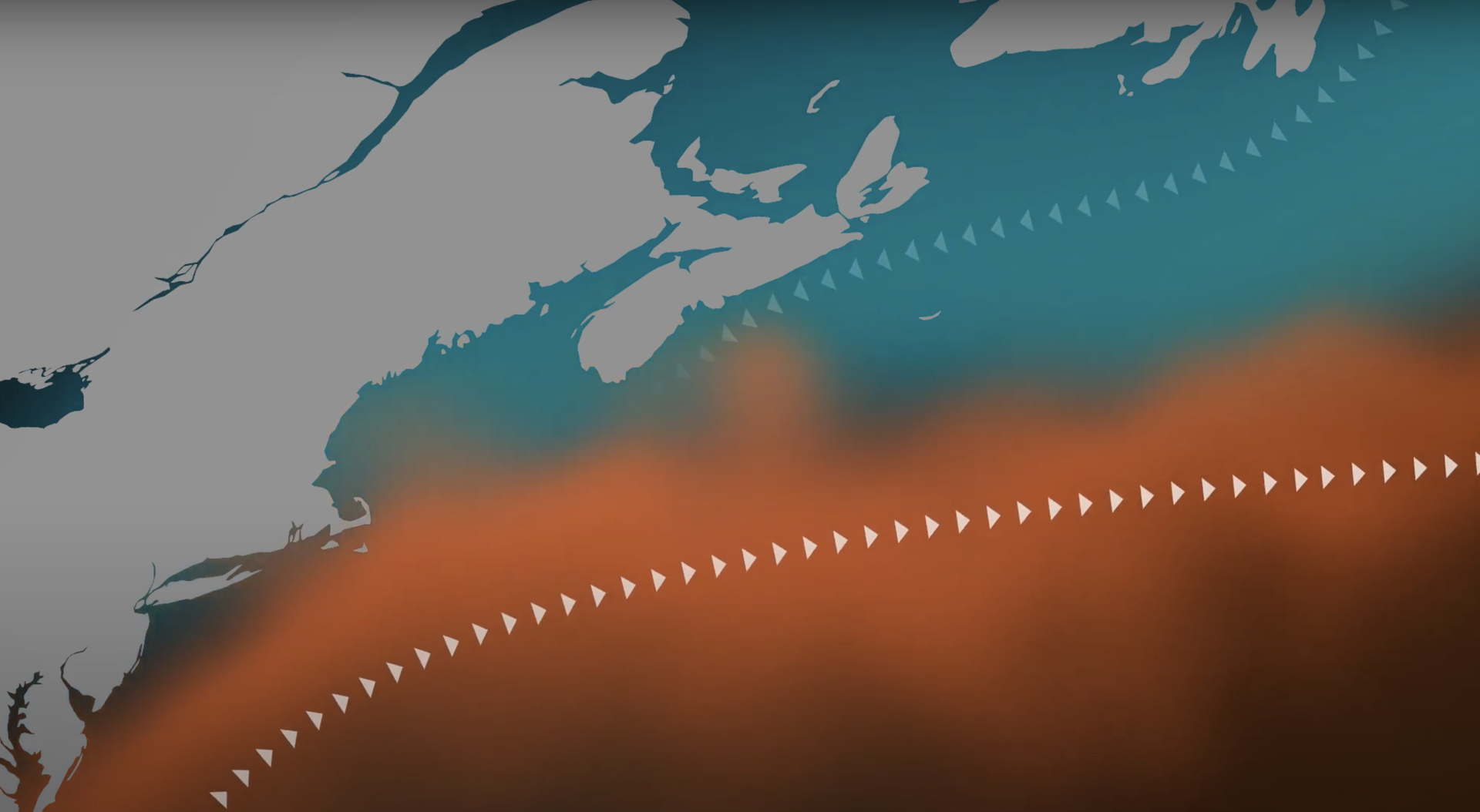
In addition to the shifting interplay between these two major ocean currents, the geology of the Gulf of Maine also plays a role in the rapid warming. The Gulf of Maine is shaped like a big bathtub, with a deep center and shallower boundaries marked by towering underwater features like Georges Bank enclosing the center of the Gulf. The strengthening Gulf Stream bringing warmer water up is comparable to turning up the hot water faucet in the Gulf of Maine bathtub.
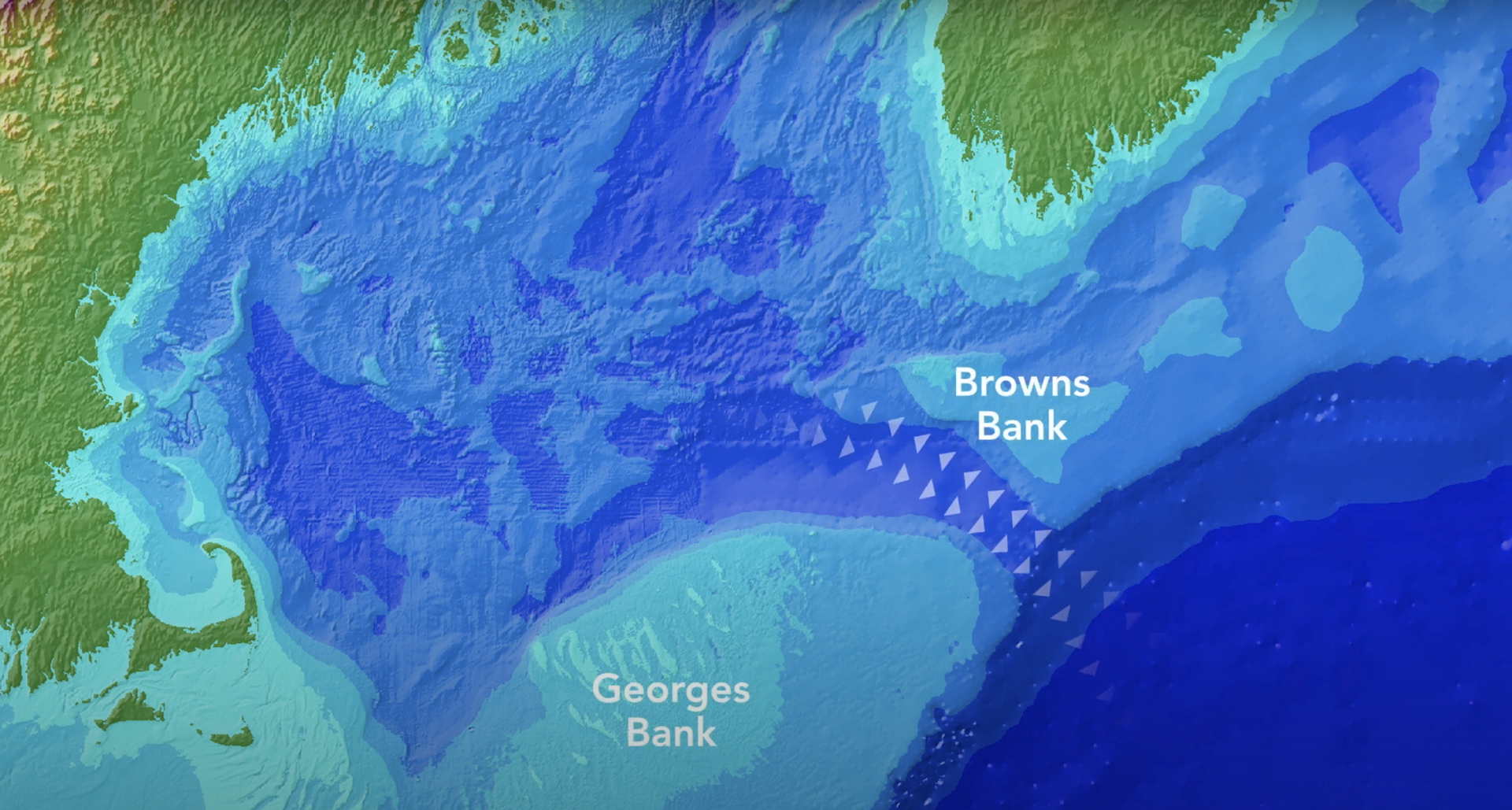
Why does it matter?
The science shows that the Gulf of Maine is warming faster than almost any other ocean surface on the planet, but here’s why that matters.
For starters, warming water expands. That means as the Gulf of Maine continues to warm, sea levels will rise. This will lead to more flooding events in coastal areas, especially when combined with higher tides and stronger storm surges — all as a result of climate change.
Biological impacts are another consequence of the warming Gulf of Maine. Marine species that we’ve historically seen thriving in the region are migrating to cooler waters, and warmer water species such as Black Sea Bass are becoming more abundant in the Gulf of Maine. This shift in species distribution is forcing fishermen and fisheries managers to rethink their approaches to their livelihoods, and sustainable harvesting in the Gulf of Maine in general.
Our region depends on a thriving marine economy and healthy ocean ecosystems. Because the Gulf of Maine is warming faster than almost any other ocean surface on the planet, we’re developing climate resilience and adaptation strategies before many other regions. What we learn here is instructive elsewhere as we develop and deliver collaborative climate solutions that help coastal communities thrive in a warmer world.
-
Climate resilience work
Take a look at work we're doing here at GMRI to promote climate resilience in coastal communities.
- Community Resilience Training
- SNAPP: Climate Resilient Fisheries Working Group
- Assessing Coastal Flood Risk with Maine Communities
- Resilience, Adaptation, and Transformation in Lobster Fishing Communities
- Preparing Communities for Sea Level Rise
- Mapping Coastal Community Flood Hazards
-
Adaptation strategy work
Explore the different ways we are supporting the development of adaptation strategies in our region.
- Climate Adaptation Strategies for Northeast U.S. Fishing Communities
- Evaluating Climate Change Adaptation Strategies
- Access and Adaptation in Maine's Marine Fisheries
- Northeast Climate Integrated Modeling (NCLIM)
- Multi-scale Forecasts and Analyses for the Maine Lobster Fishery
- Using Satellite Data to Support Sustainable Fisheries
Gulf of Maine, Explained
In our video series, The Gulf of Maine, Explained, you’ll learn more about important-but-unfamiliar concepts related to our work. We’ll cover commercial fishing, fisheries research, sustainable seafood, education, and more. While we probably won’t answer all your questions in one short video, we hope to spark your curiosity about complicated issues that are central to our mission.
